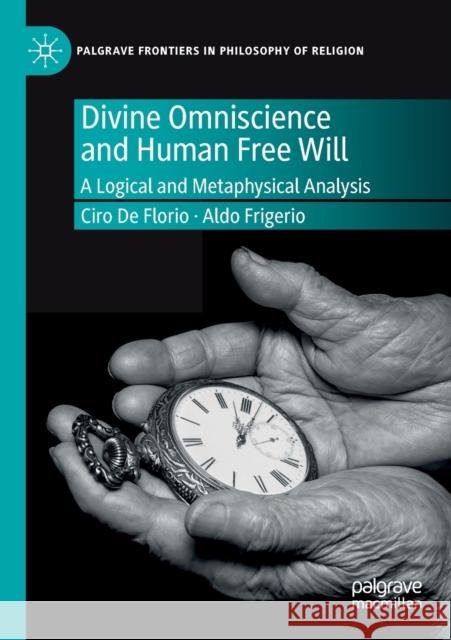Divine Omniscience and Human Free Will: A Logical and Metaphysical Analysis » książka
topmenu
Divine Omniscience and Human Free Will: A Logical and Metaphysical Analysis
ISBN-13: 9783030313029 / Angielski / Miękka / 2020 / 268 str.
Divine Omniscience and Human Free Will: A Logical and Metaphysical Analysis
ISBN-13: 9783030313029 / Angielski / Miękka / 2020 / 268 str.
cena 322,01
(netto: 306,68 VAT: 5%)
Najniższa cena z 30 dni: 308,41
(netto: 306,68 VAT: 5%)
Najniższa cena z 30 dni: 308,41
Termin realizacji zamówienia:
ok. 16-18 dni roboczych.
ok. 16-18 dni roboczych.
Darmowa dostawa!
Kategorie:
Kategorie BISAC:
Wydawca:
Palgrave MacMillan
Seria wydawnicza:
Język:
Angielski
ISBN-13:
9783030313029
Rok wydania:
2020
Wydanie:
2019
Numer serii:
000454104
Ilość stron:
268
Waga:
0.34 kg
Wymiary:
21.01 x 14.81 x 1.52
Oprawa:
Miękka
Wolumenów:
01
Dodatkowe informacje:
Wydanie ilustrowane











